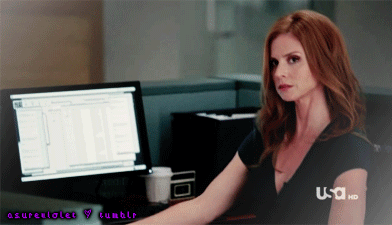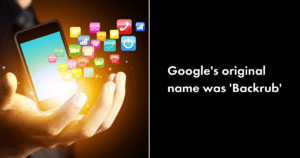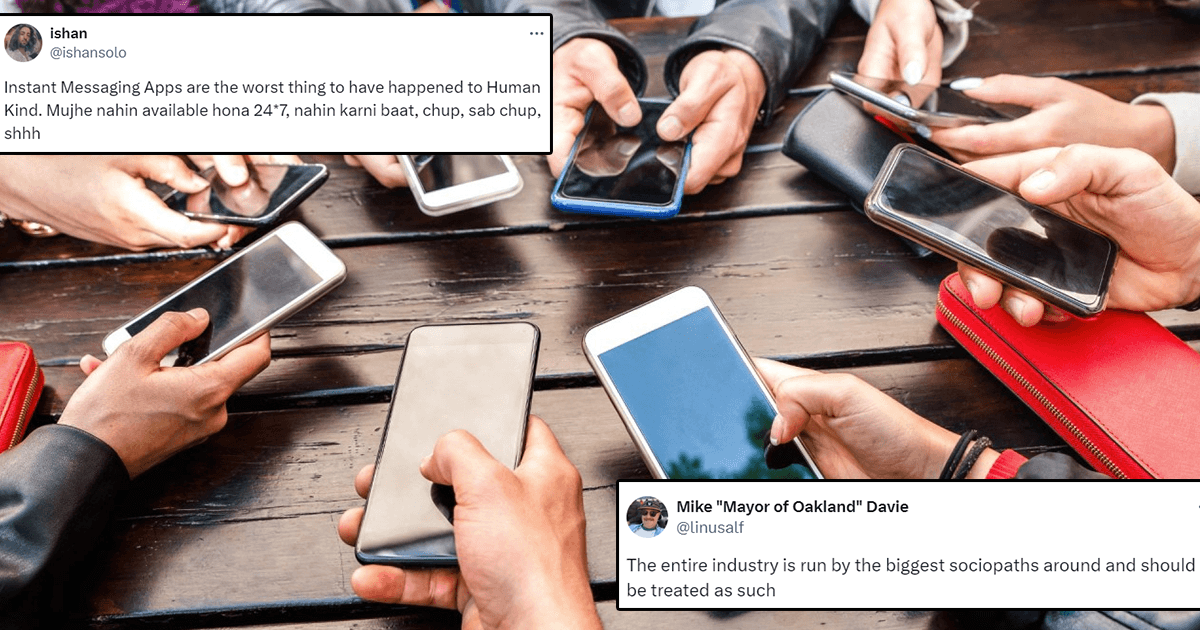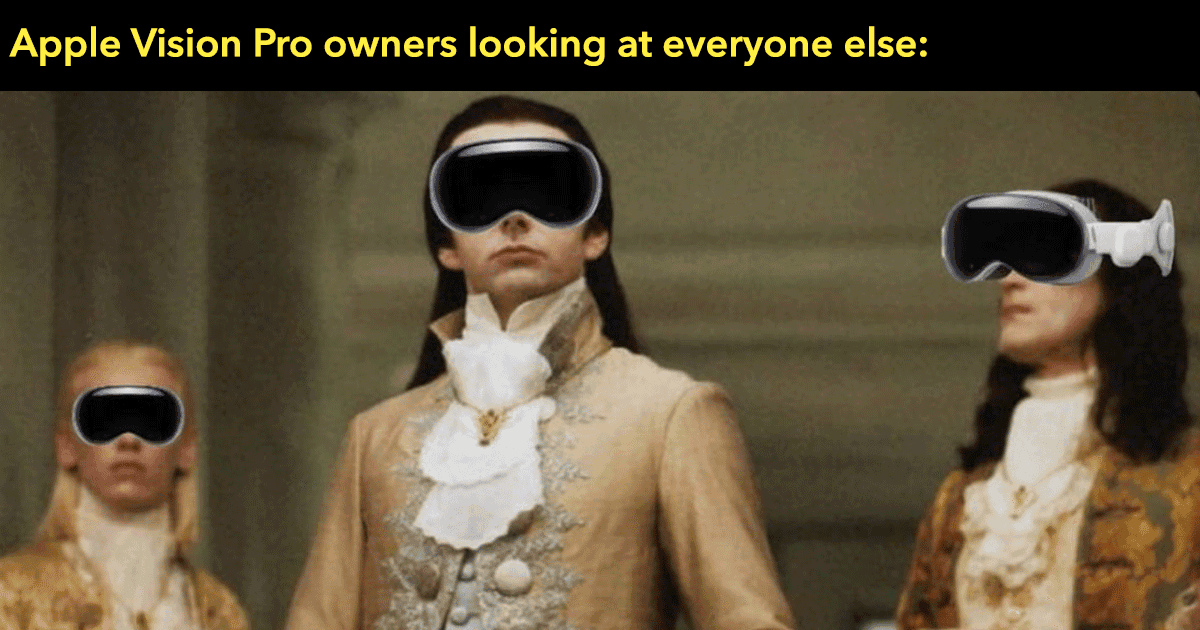She sounds like a person but she’s actually a computer. And whenever we need help she’s always around. She doesn’t cook you dinner but tells you how to. We find her in our pockets, our loudspeakers and our cars. No expectations, no demands and yet always up to help you, wherever whenever – she’s the best friend one can ask for.
Yes I’m talking about the digitally automated voices that guide us through our days and nights. As helpful as they are, have you noticed they are always female voices?
Ever wondered why that is so?

Somehow people always preferred females answering their calls. The world had its first female operator, Emma Nutt, in 1878. Because the boys were “rude and abusive to each other as well as to the customers,” they were replaced by polite ladies. By World War II, there were women receptionists everywhere – from factories to cockpits!
“They used female voices because they were different, and the men were more likely to pay attention to them, particularly in combat situations,” says Judy Edworthy, a professor of applied psychology at the University of Plymouth.
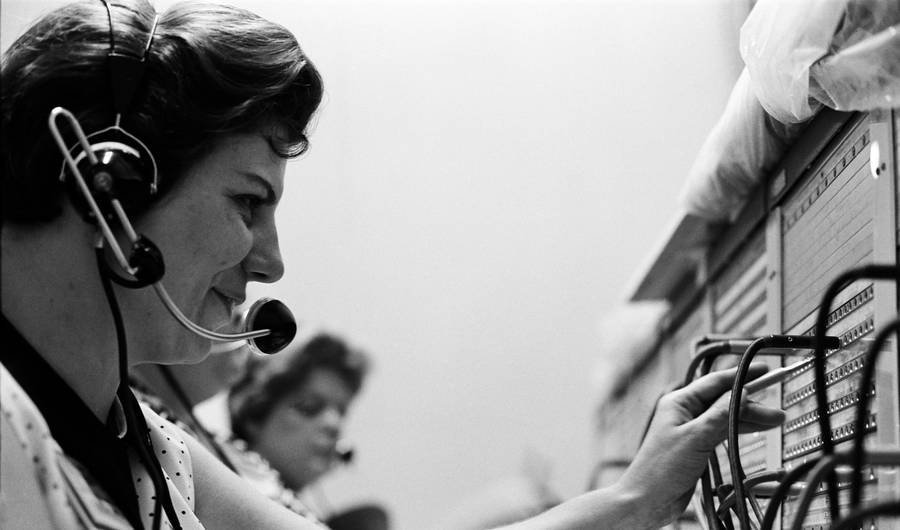
Even today, the trend continues. From Australia’s Karen helping GPS users to Carol Hopkins helping New York commuters, female voices rule automated digital replies.
Susan Bennet, the voice behind Apple’s Siri opined that this was because most phone operators were female. “I think we sort of have a mindset toward that. I also think that the female voice tends to be softer, a little bit more pleasant to listen to as far as getting information in a nicer way.” Research tells both men and women prefer female voices answering their calls.
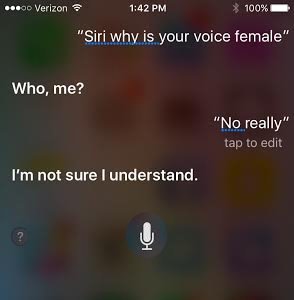
But the mindset is actually a little more complicated than that. “There’s kind of a history of feeling women are there to serve you,” Deborah Tannen, a professor of linguistics at Georgetown said. “It’s OK to impose on a woman [who’s like] a secretary. It’s OK to interrupt her. It’s OK to have her serve you,” she said, explaining the mindset.
However, often when it comes to guiding devices, male voices are used. For example BMW found itself in a pickle after its 5 Series cars went on the market in the 1990s. The German males refused to take orders from the female voice on the GPS and it had to be replaced!

It is the responsibility of the companies to avoid such stereotyping, but in the race to keep their companies happy ” most companies don’t even begin to think about the moral aspects,” said Maggie Lange in the New York magazine.
Be it any reason, female voices ARE more appealing as automated responses. But the general bias that women operators are expected to serve every whim of the caller is rather twisted!
